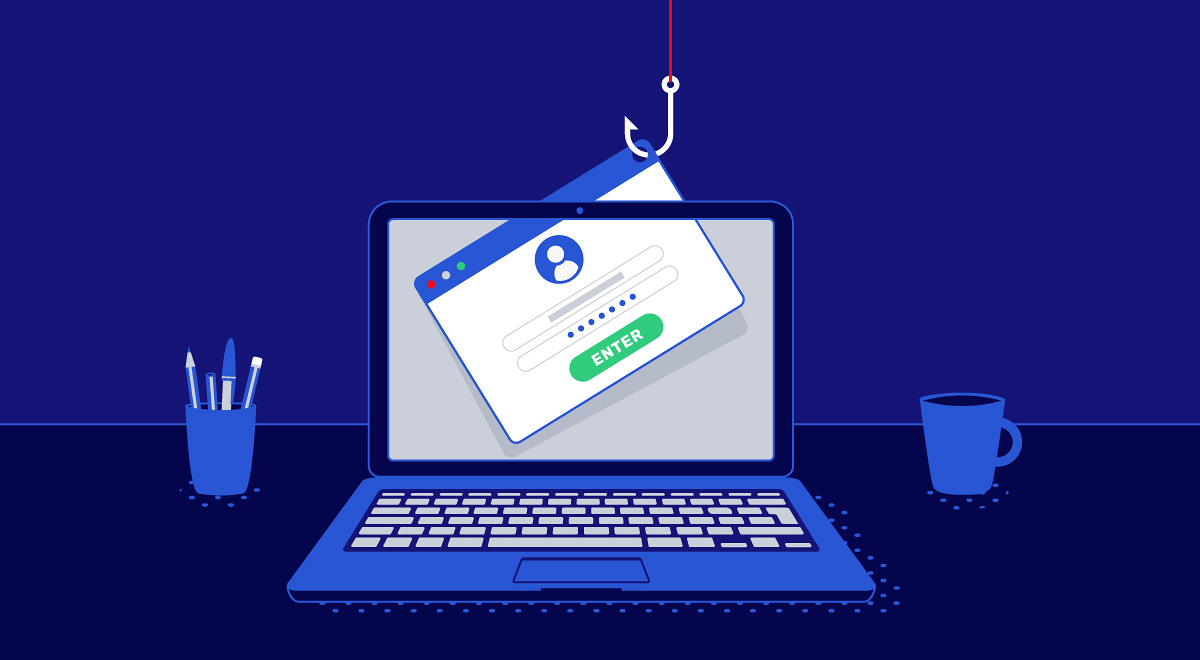Scams to Watch Out for_ Payday Loan Email Scams
Payday Loan Email Scams: Protect Yourself from Deceptive Practices
In today’s digital age, where email communication is ubiquitous, so too are the opportunities for scammers to exploit unsuspecting individuals. One particularly insidious form of online fraud involves payday loan email scams. These deceptive schemes can leave victims financially vulnerable and emotionally distressed. It’s crucial to be aware of the red flags and understand how to protect yourself from falling prey to these fraudulent activities.
Understanding the Payday Loan Scam Landscape
Payday loan scams often begin with unsolicited emails promising quick and easy access to funds, regardless of credit history. These emails may appear legitimate at first glance, often employing sophisticated tactics to mimic the branding and language of reputable lending institutions. However, upon closer inspection, telltale signs of a scam emerge.
Common Red Flags to Watch For:
*
Unsolicited Offers:
Be wary of emails offering payday loans that you did not specifically request. Legitimate lenders rarely solicit business in this manner. If you haven't actively sought a loan, treat such emails with extreme caution. *Guaranteed Approval:
Promises of guaranteed approval, regardless of your credit score, are a major red flag. Legitimate lenders conduct credit checks to assess the risk of lending. *Upfront Fees:
Scammers often demand upfront fees for "processing," "insurance," or other bogus charges before disbursing the loan. These fees are rarely, if ever, legitimate and are a clear indication of a scam. Legitimate lenders typically deduct fees from the loan amount or include them in the repayment schedule. *High-Pressure Tactics:
Scammers frequently use high-pressure tactics to rush you into making a decision. They may create a sense of urgency, claiming that the offer is only available for a limited time. This is a common manipulation tactic to prevent you from thinking critically. *Requests for Sensitive Information:
Be extremely cautious if an email requests sensitive personal information, such as your Social Security number, bank account details, or passwords, upfront. Legitimate lenders will typically request this information through secure channels and only after you've formally applied for a loan. *Poor Grammar and Spelling:
While not always a definitive sign, poor grammar, spelling errors, and awkward phrasing can be indicators of a scam. Legitimate financial institutions typically maintain a high standard of professionalism in their communications. *Generic Email Addresses:
Scrutinize the sender's email address. Scammers often use generic email addresses (e.g., @gmail.com, @yahoo.com) or slight variations of legitimate company names to deceive recipients.How Payday Loan Scams Operate
Once a scammer has gained your trust, they may employ various tactics to extract money or personal information. These may include:
*
Phishing:
Attempting to obtain sensitive information by disguising themselves as a trustworthy entity. *Identity Theft:
Using your personal information to open fraudulent accounts or commit other forms of identity theft. *Direct Theft:
Simply stealing the upfront fees you pay without ever providing the promised loan. *Installing Malware:
Tricking you into clicking on a malicious link that installs malware on your computer, compromising your personal data.Protecting Yourself from Payday Loan Email Scams
*
Be Skeptical:
Approach unsolicited emails offering payday loans with a healthy dose of skepticism. Remember, if it sounds too good to be true, it probably is. *Verify the Lender's Credentials:
Before providing any personal information or paying any fees, thoroughly research the lender. Check their website, look for online reviews, and verify their registration with relevant regulatory authorities. *Never Pay Upfront Fees:
Legitimate lenders do not require upfront fees for processing or approval. If you are asked to pay a fee before receiving the loan, it's a red flag. *Protect Your Personal Information:
Never share sensitive personal information, such as your Social Security number, bank account details, or passwords, via email. *Use Strong Passwords:
Use strong, unique passwords for all your online accounts and avoid reusing passwords across multiple platforms. *Keep Your Software Updated:
Keep your computer's operating system, antivirus software, and web browser up to date to protect against malware and other online threats. *Report Suspicious Activity:
If you suspect that you have been targeted by a payday loan email scam, report it to the Federal Trade Commission (FTC) and your local law enforcement agency. *Educate Yourself:
Stay informed about the latest scam tactics and trends by regularly consulting reputable sources of information.The Importance of Vigilance
Payday loan email scams are a persistent threat that can have devastating consequences for unsuspecting individuals. By staying informed, being vigilant, and following the tips outlined above, you can significantly reduce your risk of falling victim to these fraudulent schemes. Protect your financial well-being and personal information by always exercising caution and skepticism when dealing with unsolicited financial offers.
Remember to consult reputable financial resources for legitimate borrowing options. Consider alternatives to payday loans, such as personal loans from banks or credit unions, or credit card cash advances.
For further reading and information about these scams, you can refer to Scams to Watch Out for_ Payday Loan Email Scams . By staying informed, you can protect yourself from these predatory practices and maintain your financial security.

Comments
Post a Comment